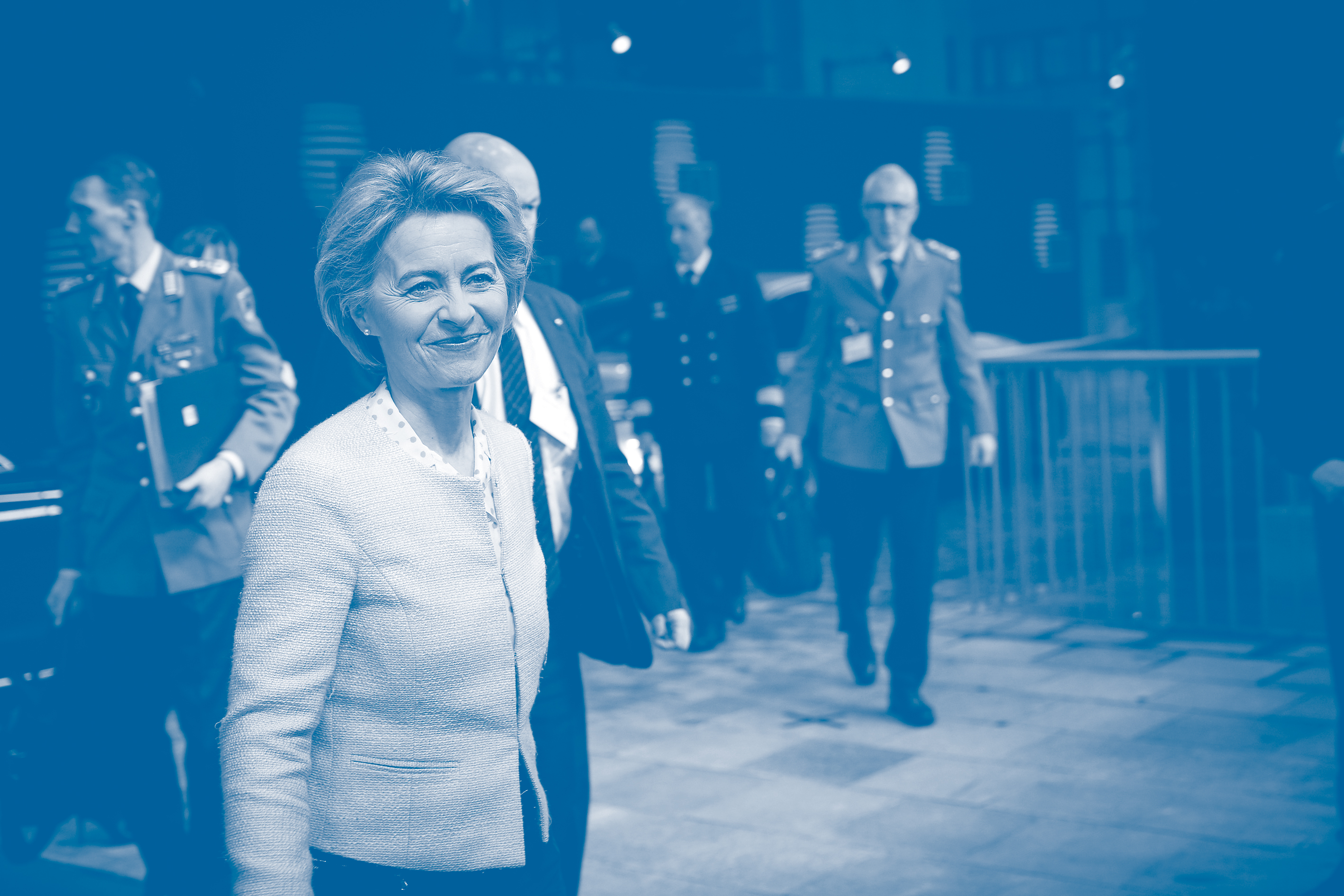by Ana-Maria Luca and Octavian Manea
The outcome of the latest round of Euro-elections (May 2019) was instrumental in the reconfiguration of the European leadership. For the first time in 40 years the European People’s Party (EPP) and the group of Socialists and Democrats (S&D) did not win enough seats to form a comfortable majority. The new political circumstances made the election of the Spitzenkandidat impossible.
Plan B, of a European Commission led by socialist Frans Timmermans was not politically feasible either, especially in the context of a blocking coalition reuniting V4 countries and Italy, which opposed the strict rule of law agenda promoted by the vice-president. At the same time, the electoral outcome consolidated the influence of the new Macronian group – Renew Europe. Ultimately the Ursula von der Leyen compromise was brokered, one that seems acceptable to everyone. But the price for Central and Eastern Europe was high, as long as the most influential positions in the European Commission pivoted towards Old Europe.
With the Eastern members of the EU feeling themselves increasingly marginalised, a European future for the Western Balkans and the Eastern Partnership countries seems more and more elusive, while Russia, China and others are stepping up their game in the region.
This is the broader context in which Eastern Focus engaged some of the new EMPs (Radosław Sikorski, Clotilde Armand) as well as distinguished experts (Tomáš Valášek, Gustav Gressel, Jana Puglierin) to decode the meaning of the new trends. We were interested in the implications of bypassing the CEE countries, but also in the consequences of a direct and more assertive German leadership on the continent. Both are happening in a context shaped by renewed clashes between Old & New Europe, at a time when the great-power competitions and the anti-Western revolt are surging.

